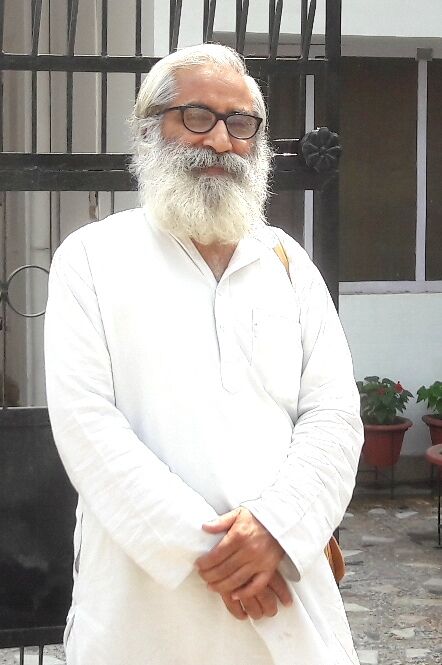Renowned Activist Sandeep Pandey Shakes Foundations, Returns Awards and Degrees in Bold Move

Renowned activist Sandeep Pandey has sent shockwaves through the community by deciding to return the prestigious Magsaysay Award and his US academic degrees. Pandey, known for his social activism, declared that he will be returning the Magsaysay Award, along with his dual M.S. degrees in Manufacturing and Computer Engineering from Syracuse University and his Ph.D. in Mechanical Engineering from the University of California at Berkeley.
Pandey's decision has roots in a past controversy from 2002 when he participated in an anti-war protest outside the US embassy in Manila. At that time, he had returned the cash component of the award but retained the accolade itself, named after former Philippines President Ramon Magsaysay. However, recent events, particularly the US's support for Israel in the ongoing Gaza conflict, prompted Pandey to take a drastic step.
Citing the high number of Palestinian casualties and ongoing arms sales to Israel, Pandey feels compelled to sever ties with an award funded by American foundations, including Rockefeller and Ford. He expresses his protest against the American association with the Magsaysay Award, stating, "My protest is only because of the American connection with the award." Pandey extends an apology to the people of the Philippines if the association with President Ramon Magsaysay's name has caused any distress.
Pandey reveals his disillusionment with his academic achievements obtained in the United States, recalling a protest on the Berkeley campus in 1991 that unveiled the involvement of US academic institutions in defense projects. This realization led him to shift his research focus when he joined the Indian Institute of Technology at Kanpur in 1992.
While emphasizing that his decision is not against the American people, Pandey criticizes the US government's selective stance on human rights, especially in conflicts involving third-world countries. He questions the US's position on the Israel-Palestine issue, highlighting its inconsistency compared to responses in other conflicts, like the Russian war on Ukraine.
Pandey concludes by asserting that the US bears responsibility for encouraging Israel's aggression against Palestinians. He calls for the US to mediate, as it has done in the past, and advocates for the establishment of a sovereign state of Palestine, emphasizing the need for UN recognition.
Sandeep Pandey's bold move stands as a poignant commentary on the ethical considerations surrounding international conflicts and the positions adopted by global powers.


